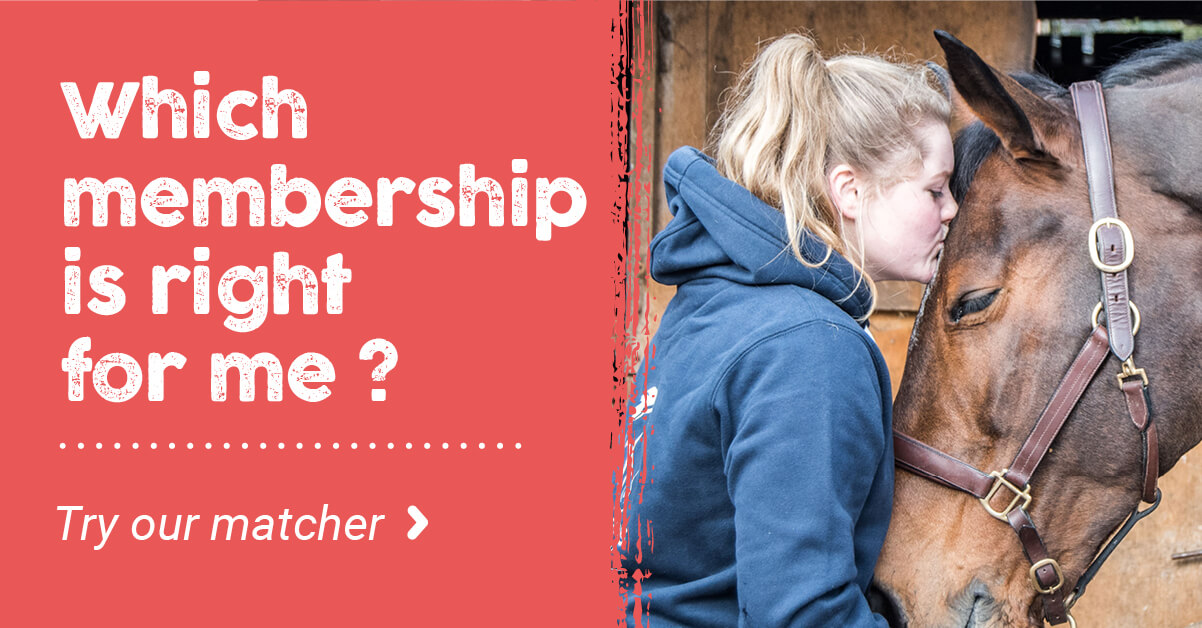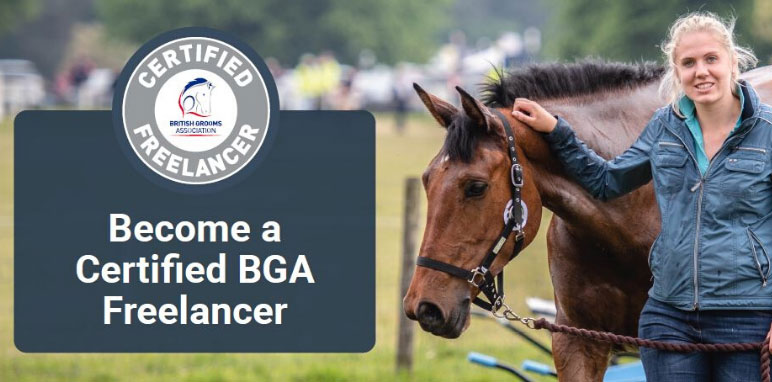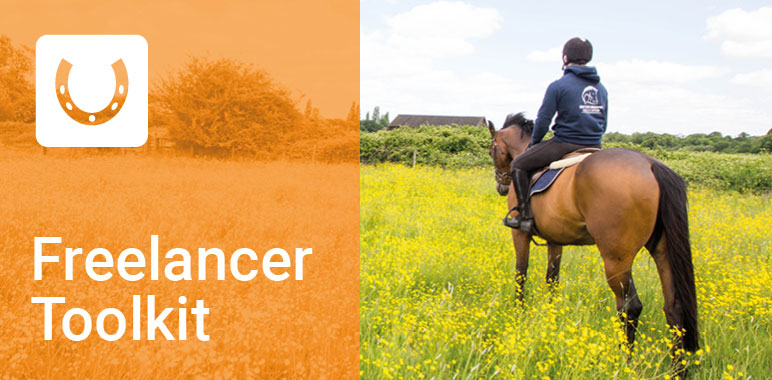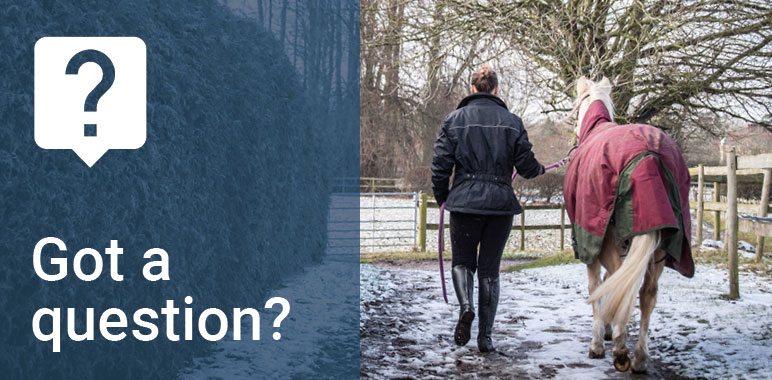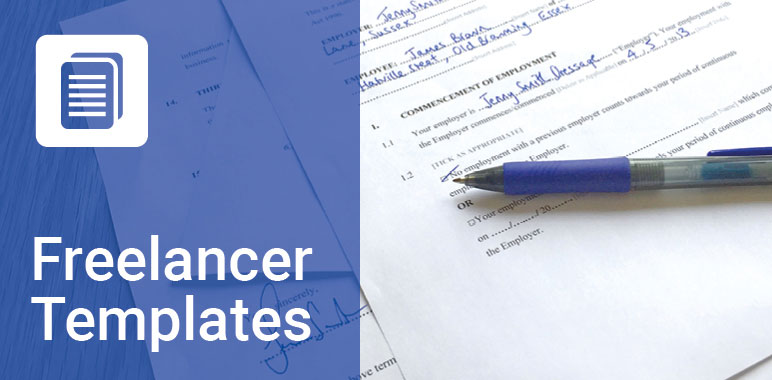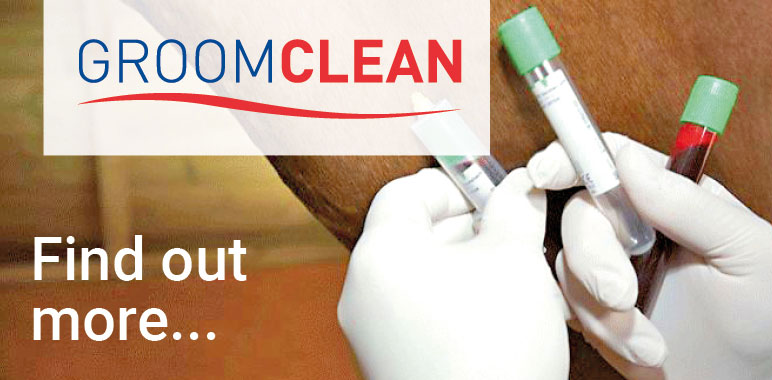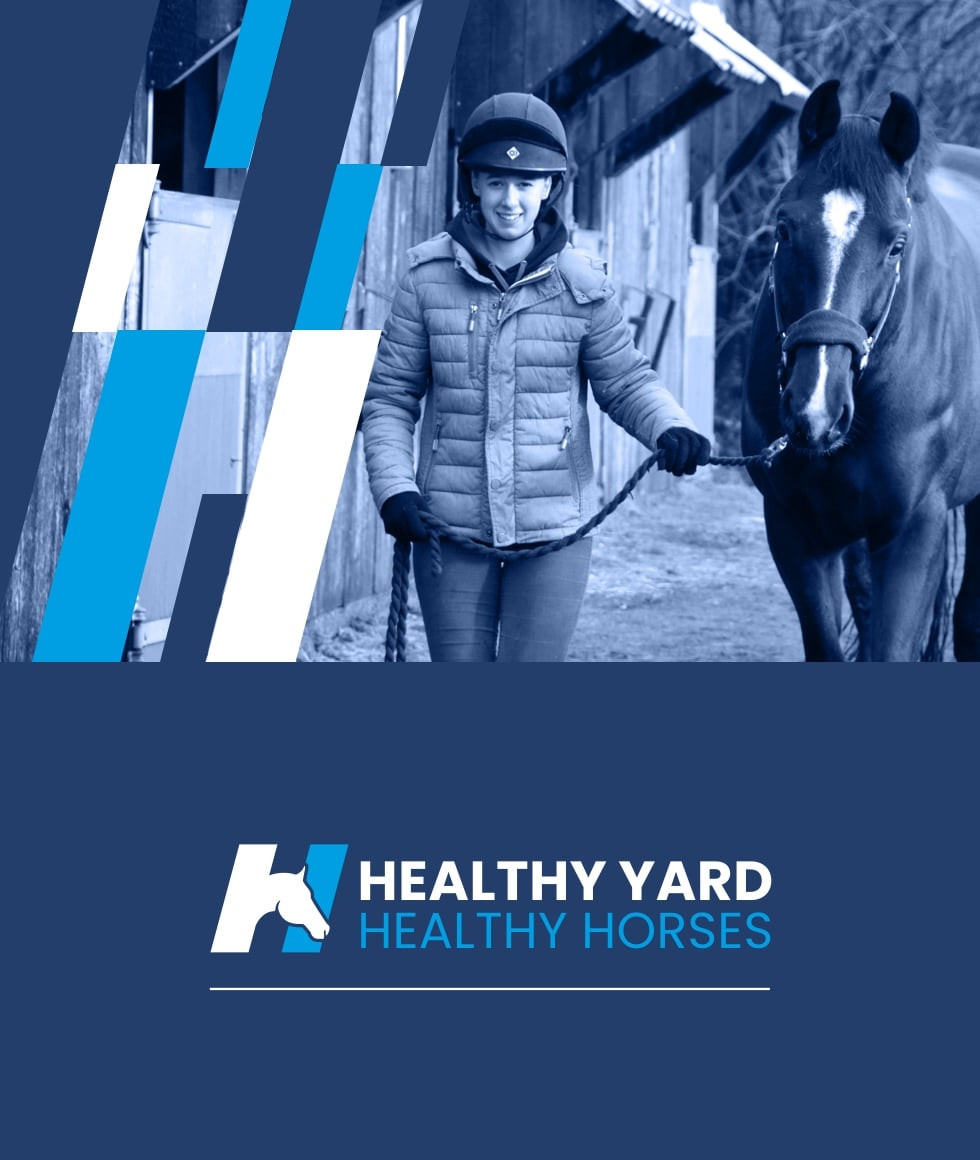- Join Now
- Login
- Member Zone
- Your Career
- Freelancing
- International Grooms Association
- BGA Training
- Healthy Yard Healthy Horses
- Transporting horses
- Brexit
- Safe workplace
- Student Zone
- Member Discounts
- BG Magazine
- Member services
- My employment
- Am I employed correctly
- Grooms Minds
- Safeguarding
- Legal Helpline
- BGA guide to the National Minimum Wage
- Training & Careers
- BGA CV Creator
- Horse groom training
- Where to Train
- BGA E Learning
- Career choices
- Change to Racing
- First Aid training for grooms
- Parents
- Grooms Jobs
- Grooms Life
- About
- News
- Contact

National Minimum Wage set to rise in April 26
27th November 2025
The recent UK Budget confirmed that from 1 April 2026, the statutory National Minimum Wage (NMW) will rise.
This change will have important implications for every employed groom.
Whether you work full-time or part-time or zero hours, whether you are paid monthly or hourly, whether you are travelling internationally, or on yard-duties — you are entitled to be paid at least the NMW for every hour you work.
Under the law, paying the NMW for every hour worked (including overtime) is not optional — it is a legal requirement.
| Age Range | Current NMW Rate | New NMW Rate (from Apr 26) | Increase in pence |
| National Living Wage (NLW) for workers aged 21 and over | £12.21 | £12.71 | 50p |
| 18–20-year-old | £10.00 | £10.85 | 85p |
| 16–17-year-old | £7.55 | £8.00 | 45p |
| Apprentice Rate | £7.55 | £8.00 | 45p |
In addition, your employer must ensure that any deductions, for example:
- Accommodation
- Uniform
- Livery charges
- Coaching and training charges
- Pension schemes
do not push your pay below the statutory minimum. It's often things like livery or teaching charges that cause mistakes - it is advisable that an employer invoices their employee for these separately.
Other common mistakes include an employer failing to pay a higher rate when a groom advances to the next age bracket or failing to pay overtime.
Accommodation offset (a tax-free charge for accommodation) is currently capped at £74.62 per week, but will rise to £77.70 from April 2026. This must be present on the payslip.
We recognise that many yards are already under financial pressure. However, compliance with the minimum wage is non-negotiable — and failure to do so could result in enforcement, fines, public naming, and even prosecution.

It’s important to know that your employer cannot legally respond to the wage rise by simply re-classifying you as “self-employed” and continuing business as usual on the same terms. This would most likely amount to “false self-employment.”
Under UK law, if you are doing the same work, under their direction and control, at set hours, you should be treated as a “worker” or “employee,” which includes legal rights such as holiday pay, pension entitlements (or at least automatic enrolment into workplace pension if eligible), statutory sick pay, and protections under minimum-wage legislation.
Re-labeling you as self-employed to avoid paying the new minimum wage would deprive you of those rights — and so would be unfair and unlawful.
If you are unsure whether you are receiving the correct pay, or if you suspect deductions (for accommodation, livery, coaching, etc.) might be dragging your hourly rate below the legal minimum, now is a good time to check your payslips or raise the matter with your employer.
As a member, you can also use the BGA Wage Checker.
The BGA is here to support ALL GROOMS
Join today from just £26.50 and access benefits such as personalised advice, letter and CV templates, online tools and training, plus exclusive discounts on insurance and a range of equestrian equipment.
What the personal accident policy covers you for:
- Whilst at work
- All stable duties – mucking out, grooming, washing off, turning out
- Clipping
- Riding – including hacking and jumping
- Hunting
- Lunging
- Breaking in
- Holding horse for a vet and other procedures
- Travelling horses both in the UK and abroad
- Competing in line with your job including: jumping, dressage, eventing
- Injuries that may happen to you whilst you are teaching - but you must also be grooming as part of your duties and not be a sole instructor
What the personal accident policy doesn’t cover you for:
- Riding in a race, point to point or team chase
- Stunt Riding
- Accidents occurring whilst travelling to and from work
- Riding and competing your own horse (but you can upgrade when applying for membership to include this)
- Public Liability – this is a separate insurance policy - the Freelance Groom Liability Insurance
- Care Custody and Control – this is a separate policy - the Freelance Groom Liability Insurance
If you require additional cover then please contact KBIS directly.
| GROOM | RIDER | EMPLOYER | |
|
When you are working for other people you do most of the following; muck out, turn out/catch in, tack up, groom horses, exercise Horses (including hacking, jumping and schooling), in the care of your employer/client. |
|
|
|
| Predominantly ride horses for other people including schooling, exercising and competing. | NO |
YES |
YES |
| Provide grooming services for someone else either full time or on a freelance basis i.e. an employer or a client. | YES |
NO |
NO |
| Employ staff – have an employers liability policy in your name | NO | NO | YES |
| Buy and sell horses | NO | YES | YES |


